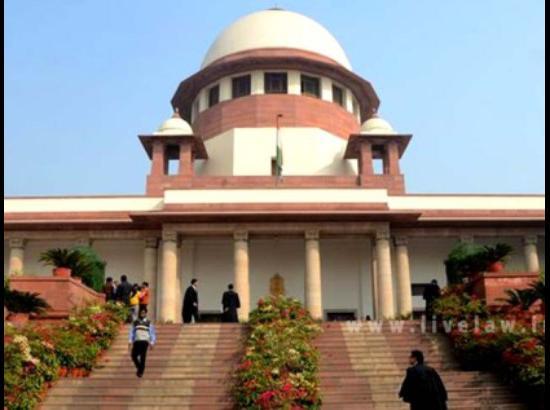The Supreme Court has agreed to examine the issue whether education is a service within the Consumer Protection Act. A bench of Justices D Y Chandrachud and B V Nagarathna noted that a similar legal issue is pending adjudication in another case and tagged the matter along with it.
“Having regard to the pendency of Civil Appeal No 3504 of 2020 (Manu Solanki and Others vs Vinayaka Mission University), the issue as to whether education is a service within the Consumer Protection Act, is pending before this Court. Leave granted. Tag with Civil Appeal,” the bench said in its October 29 order.
The apex court was hearing an appeal filed by Lucknow resident challenging an order of the National Consumer Disputes Redressal Commission which said educational institutions do not fall within the ambit of the Consumer Protection Act, 1986 and education which includes co-curricular activities such as swimming, is not a “service” within the meaning of the Consumer Protection Act, 1986.
In this case, the man’s son was studying at a school which offered various ‘Summer Camp’ activities in 2007 including swimming, and invited students to participate by paying Rs 1,000. On May 28, 2007 at about 9.30 am, he received an urgent call from the school requesting him to come immediately as his son was unwell. Upon reaching the school, the man was informed that his son had been taken to hospital as he had drowned in the school’s swimming pool. He then rushed to the hospital where he learnt that his son was brought dead.
Thereafter, he filed a consumer complaint in the State Commission alleging negligence and deficiency in service on part of the School and claimed Rs 20 lakh as compensation for the death of his son as well as Rs 2 lakh on account of mental agony suffered by him and Rs 55,000 towards the cost of litigation.
The State Commission dismissed the complaint on the ground that the complainant is not a consumer. This order was challenged in NCDRC. The NCDRC held that education which includes co-curricular activities such as swimming, is not a “service” within the meaning of the Consumer Protection Act, 1986. It concurred with the State Commission’s view that the complainant is not a consumer and the complaint not being covered under the Consumer Protection Act, 1986 is not maintainable.




